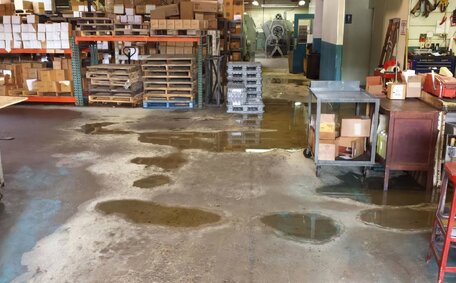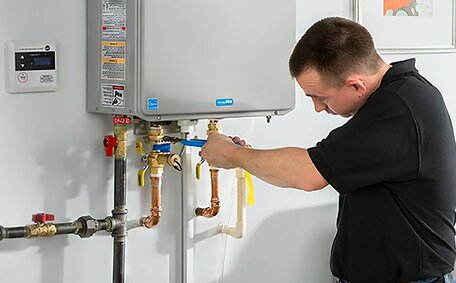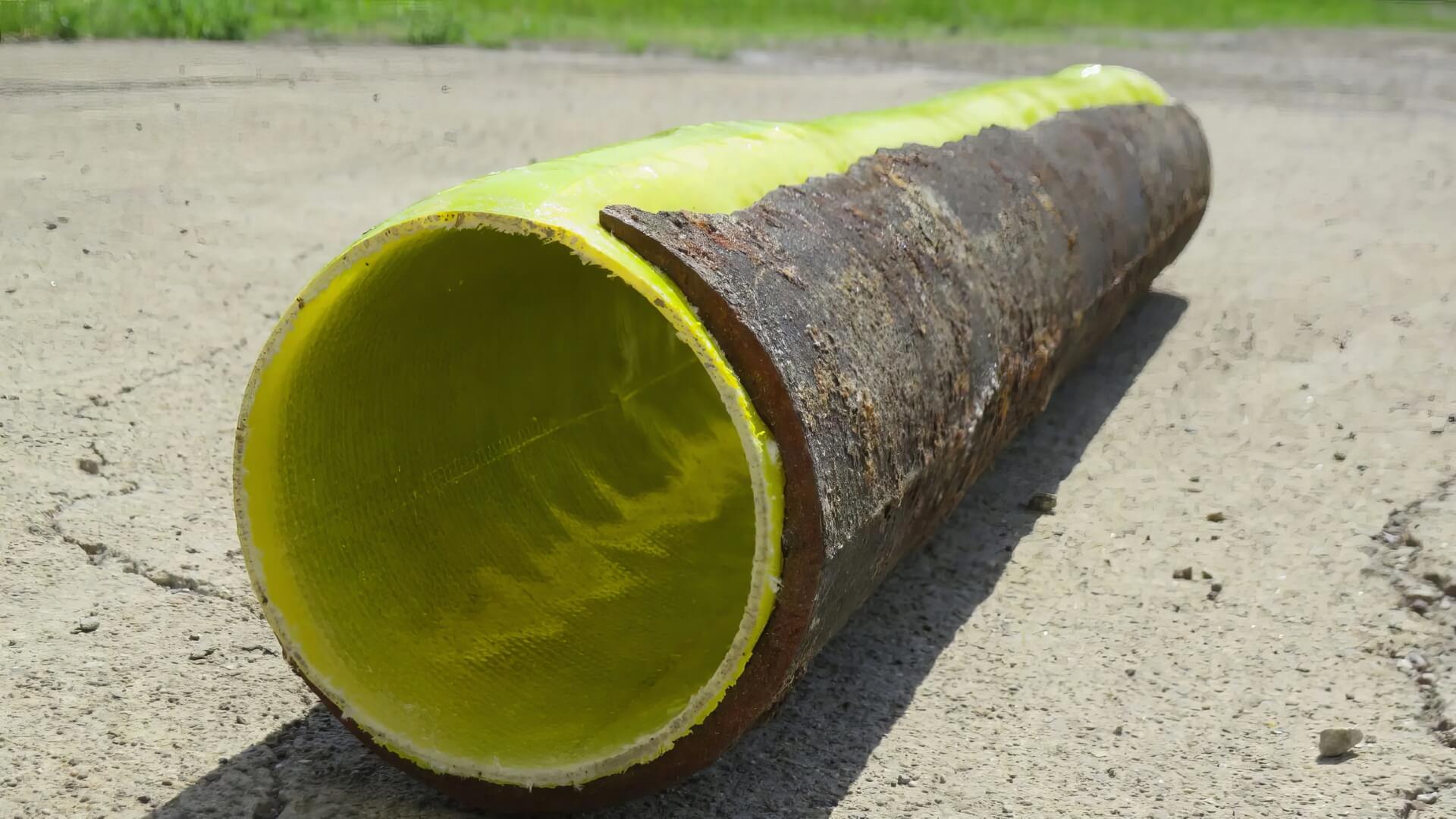
How To Fix Water Heater Issues
Can’t get hot water from your water heater? Try troubleshooting by checking the power supply, thermostat, heating elements and more. Call a pro plumber for repairs.
Read MoreYour house’s sewer network, including the sewer drain, is a vital network of underground pipes that carries wastewater away, preventing main sewer line blockages from affecting your plumbing fixtures such as sinks, showers, and toilets. This wastewater departs from your home, ascending through the drain lines to the clogged sewer line, which then connects to the larger municipal sewage system.
Maintaining your plumbing system, and especially your sewer main, involves periodic inspections for any cracks or breaks that could prevent wastewater from backing up in your sewer line. Any necessary repairs, like removing a blockage main sewer line is hindered by built-up debris or fixing a damaged sewer, helps ensure proper flow and prevent backups. Recognising indications of a most likely main sewer line clog is the key strategy to avert significant plumbing challenges.
Catching signs blocked in a main sewer line before it escalates allows sewer blockage issues to be resolved before they rupture your system in full force. Stay alert for the hallmark early warning signs a blockage in your main drain could manifest in your home:
Quick action to back up these alerts with calls to Professional plumbers should do much to prevent sewer line clog damage or unsanitary conditions due to backups. It’s shrewd to expeditiously engage services from very professional plumbers if you notice any signs your sewer pipes could be at play, who can diagnose and address sewer blockages with crucial clean-up actions.
Several most common issues can lead to a troublesome line clog and build up:
As these obstructions grow, there are signs coming your way to suggest that your main sewer line can be in jeopardy, such as slow drainage or gurgling sounds. Catching a clog early along the drain pipe allows for clearing before backups create costly plumbing issues or unsanitary sewage overflows.
When facing a sewage backup issue, some homeowners may trial speedy DIY solutions before calling a professional, keen to manage raw sewage issues. we would highly recommend enlisting professional assistance when you spot any signs of sewer issues.
If DIY efforts don’t clear what seems to be a sewer line clogged, contact Baulkham Hills Plumbing. In cases of severe blockages, do not hesitate to call an emergency plumber rather than risking further damage.
Specialist equipment, including a sewer cleanout tool, are well-suited for a thorough sewer clean and addressing a sewer drain clog, securing your septic tank’s sanitary conditions. Technicians can also employ video cameras to help identify and inspect sewer lines and repair drain issues deep within the system, identifying any critical repairs needed.
Methods like hydrojetting use highly-pressurised water to scour pipes. Methods like hydrojetting use highly-pressurised water to scour pipes.
If roots, cracks or collapses are causing recurring clogs, sewer line replacement may be required. A professional plumber like Baulkham Hills Plumbing can determine the best solution for keeping your sewage flowing freely.
Preventing future sewer line blockages involves implementing good maintenance habits and being mindful of what goes into your drains:
By putting preventative measures and smart waste disposal habits into practise, households can sidestep many plumbing problems, such as frustrating clogs in your sewer drain; in concerning times, do not hesitate to contact your local plumbing experts. Contact Baulkham Hills Plumbing services if you suspect any lingering plumbing issues.
Our team can help as your local plumbers in Baulkham Hills, Sydney, and surrounding regions, ensuring you’re very happy with the latest in maintenance, inspection, and repairs to keep your drains flowing freely.
Can’t get hot water from your water heater? Try troubleshooting by checking the power supply, thermostat, heating elements and more. Call a pro plumber for repairs.
Read MoreCloudy or milky hot water coming from your taps is generally harmless and caused by trapped air bubbles in the water. Simply running the tap for a little while will usually clear up the water. If the cloudiness persists, it could be caused by sediment buildup or issues with your pipes.
Read MorePipe relining involves inserting a tube inside damaged pipes to repair cracks and leaks without digging. This trenchless method may allow pipes and plumbing fixtures to be relocated during bathroom renovations. Contact our expert plumbers to understand if pipe relining can reposition your pipes and fixtures.
Read MoreBaulkham Hills, 2153 NSW
We will call back as soon as possible.




